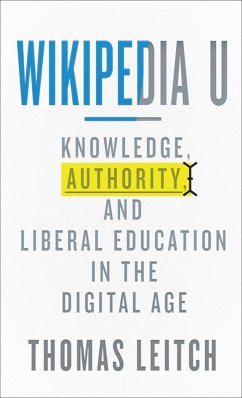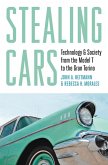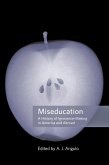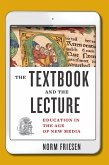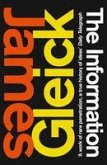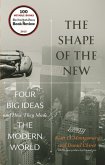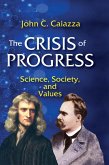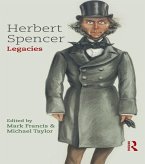Explores the battle between the top-down authority traditionally ascribed to experts and scholars and the bottom-up authority exemplified by Wikipedia.Since its launch in 2001, Wikipedia has been a lightning rod for debates about knowledge and traditional authority. It has come under particular scrutiny from publishers of print encyclopedias and college professors, who are skeptical about whether a crowd-sourced encyclopedia-in which most entries are subject to potentially endless reviewing and editing by anonymous collaborators whose credentials cannot be established-can ever truly be accurate or authoritative. In Wikipedia U, Thomas Leitch argues that the assumptions these critics make about accuracy and authority are themselves open to debate. After all, academics are expected both to consult the latest research and to return to the earliest sources in their field, each of which has its own authority. And when teachers encourage students to master information so that they can question it independently, their ultimate goal is to create a new generation of thinkers and makers whose authority will ultimately supplant their own.Wikipedia U offers vital new lessons about the nature of authority and the opportunities and challenges of Web 2.0. Leitch regards Wikipedia as an ideal instrument for probing the central assumptions behind liberal education, making it more than merely, as one of its severest critics has charged, "e;the encyclopedia game, played online."e;
Dieser Download kann aus rechtlichen Gründen nur mit Rechnungsadresse in A, B, BG, CY, CZ, D, DK, EW, E, FIN, F, GR, HR, H, IRL, I, LT, L, LR, M, NL, PL, P, R, S, SLO, SK ausgeliefert werden.

